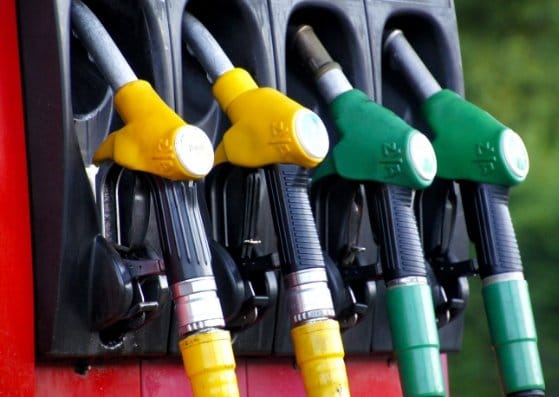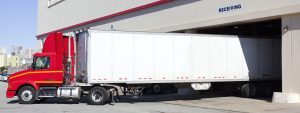Increased fuel consumption is a global ecological problem. With economies growing constantly all over the world, only a big technological change could do enough to stop and reverse this process. However, at this moment in time, the effects of fuel consumption on profit levels are an even bigger concern for many businesses. Trucking is one of the industries which feels these effects the most and there is a lot that truck drivers can do about it.
The fuel accounts for around a quarter of all business-related costs when operating a truck. The more efficient you are in consuming the fuel, the greater your profit margin and the profit margin of your company will be. This is a very well established fact known to everyone.
The ways of using fuel more efficiently are often discussed. Most of these focus on the driving style and aerodynamics. This article is intended to present all the major factors which affect your trucks fuel consumption.
1. The way you drive
The way you drive your truck affects fuel consumption the most. Speeding, as well as frequent stopping and starting, are the biggest concern. Traffic lights, traffic jams, idling and city driving all contribute to these factors.
The best advice is to stay within the speed limit and keep the speed constant. Moving at any speed is better than stopping completely and then using the strength of the engine to pull the heavy load again from zero. The use of cruise control and keeping a proper distance from other vehicles are very helpful for this. When turning, go in slow and pull out fast. Avoid using the air conditioner whenever possible.
2. Truck Maintenance
The heart and soul of your truck is its engine. Taking proper care of it is very important for efficient fuel consumption. Listen carefully to the sound of the engine and observe the color of the smoke (it is not a good sign if it is completely white or black) as these can tell you a lot about the state of your truck’s engine. Never force the engine to the max when it is still cold, wait until it warms up. Keeping a cold engine idle consumes significantly more fuel.
3. Aerodynamics
Air resistance is a big concern for large vehicles. At high speeds, this can increase fuel consumption significantly. When the tractor is lower than the trailer, the use of angled sun visors and cab deflectors (mounted on the roof) is recommended as they increase the aerodynamics of the vehicle. Side fairings can help avoid the turbulence caused by the air traveling under the truck.
4. The pressure inside the tires
The friction that exists between the tires and the road surface is a good thing, especially when braking. However, too much friction can slow down the truck and cause an increase in fuel consumption. To avoid this, the tires need to be optimally inflated at all times. The unnecessary wheels should always be lifted.
5. Planning ahead
A trip well-planned can help you stay clear of bad weather, rush hours, and avoid going back and forth when dropping off and picking up the cargo as all of these are factors that contribute to increased fuel consumption.
The Final Word
In the long run, rushing and speeding will only decrease the lifespan of your truck, increase fuel consumption, and cause you additional stress. Traveling within a speed limit, planning ahead, and taking good care of your vehicle and of your own well-being will get you far, including in terms of profit.







